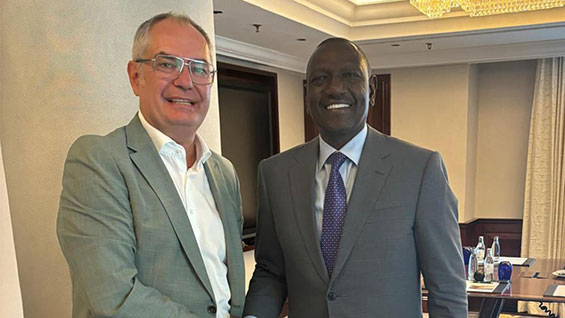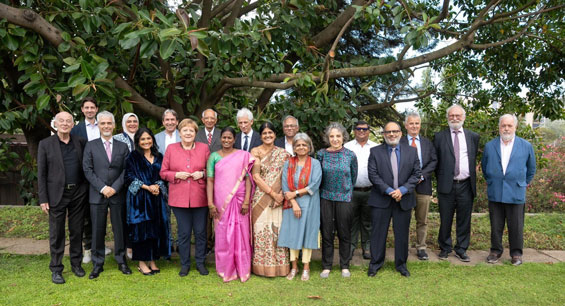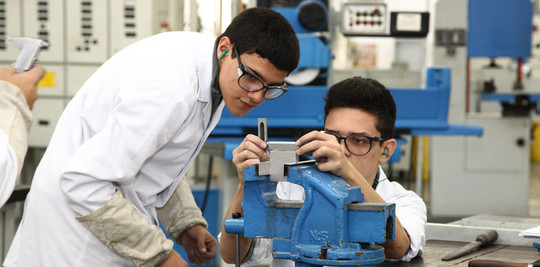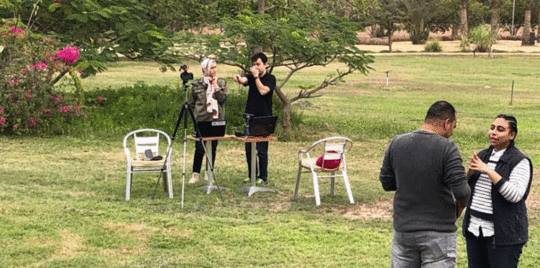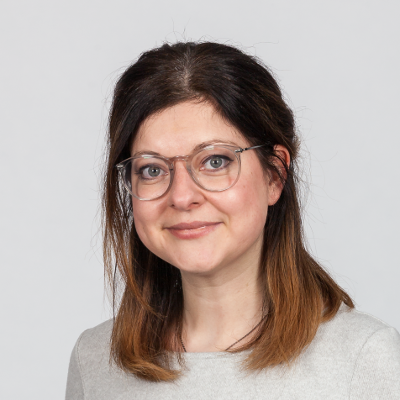Development of a maintenance training for medical devices
Development of a maintenance training for medical devices
Besides the competences of medical personnel, the quality of healthcare and medical supply strongly depends on the use of powerful medical technologies and devices. Such devices are essential. This is the reason why it has be taked care of these tool in long term. Maintenance on a regular basis is more ecological than having to repair the heathcare tools when broken. That is why the hospitals are in need of well educated service personnel.
Therefore, bbw has developed a training concerning the maintenance of healthcare devices in South Africa. This training is being arranged by Tshwane University of Technology and local experts. In the future, the training will be added to the curriculum of Tshwane University of Technology. The training, which is meant for aspiring medical technicians, aims at creating awareness for a regular maintenance of healthcare devices. The regular maintanence of the tools aims at the avoidance of technical failure of the devices due to planned, preventative and regular checks based on mandated criteria.
Especially public hospitals are in need of qualified staff
A study which has been assigned by giz South Africa has found out that public hospitals – on which 80 percent of South African people rely on – are facing issues when it comes to qualified service personnel. Furthermore,the study shows that the awareness for structured and constant maintenance is missing in most cases. With the development of this training, the project reacts to the lack of skilled personnel.
Together with Tshwane University of Technology and further „Clinical Engineering“-experts, bbw establishes a curriculum which is geared to the needs of the public hospitals and provides contemporary learning materials.
Support of the initiative SAVE-P
Due to the Covid-19-pandemic, the stock of ventilators has been increased at a global expanse. In South Africa, the so-called South African Emergency Ventilator Project (SAVE-P) has developed a non-invasive ventilator due to increased demand and the strains of global supply chains. CPAP-100 can be manufactured using existing local technology to treat Covid-19 patients. In July 2020, a solidarity fund contracted for the first 2,000 units, which were donated to the National Ministry of Health and distributed to various hospitals as needed. To ensure patient safety, the CPAP-100 units must be tested every three months.
However, many government hospitals lack the expertise to do so. To ensure patient care in South Africa and to support the SAVE-P initiative, bbw has integrated four training courses on the maintenance of CPAP-100 equipment into its small scale project "Maintenance of Medical Equipment". As part of the small scale project, bbw is working with the Tshwane University of Technology to develop a training course on “Maintenance of Medical Equipment”, which will then be offered on a permanent basis in South Africa. As a direct reaction, bbw has organised the training for fourty medical technicians in differnet parts of South Africa.
Supported by BMZ via sequa; Project period: December 1st 2020 until April 30th 2022




Credits: Picture 3: pixabay, Robyn Wright; Picture 4: pixabay, vipra gen

